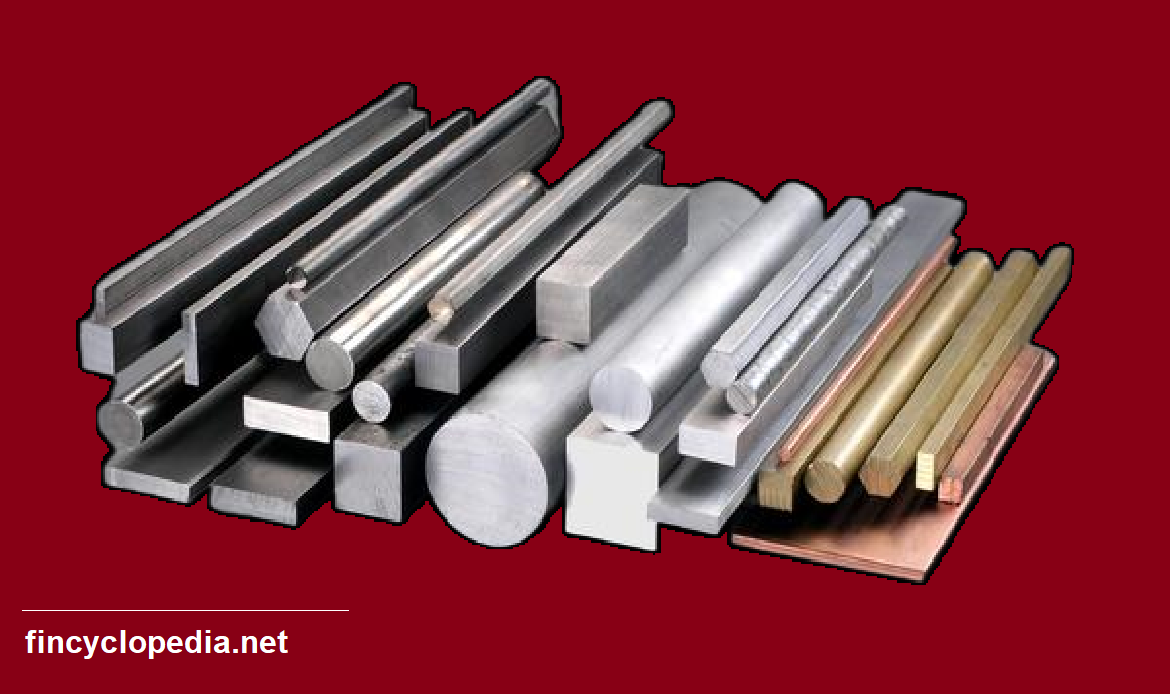A component of execution costs; in turn, impact cost consists of two components: bid-ask spread and price concession. It is defined as the deviation of the transaction price from the market price (mid-price) resulting from the transaction, usually a large block trade. Total impact cost comprises temporary and permanent components.
The temporary impact cost is the price concession offered to attract counterparties at the time of order execution, and the liquidity concession given to liquidity providers as an incentive to take the order, in addition to price effects (also known as inventory effects) resulting from broker/ dealer inventory imbalances. The permanent impact cost captures the price change resulting from market reaction to the information associated with the trade, i.e., signalling undervalued (in case of buy trades) or overvalued (in case of sell trades) securities.
Impact cost is by nature among implicit transaction costs (in addition to investment delay, price movement risk, market timing cost, and opportunity cost).
It is also known as market impact cost or price impact cost.





